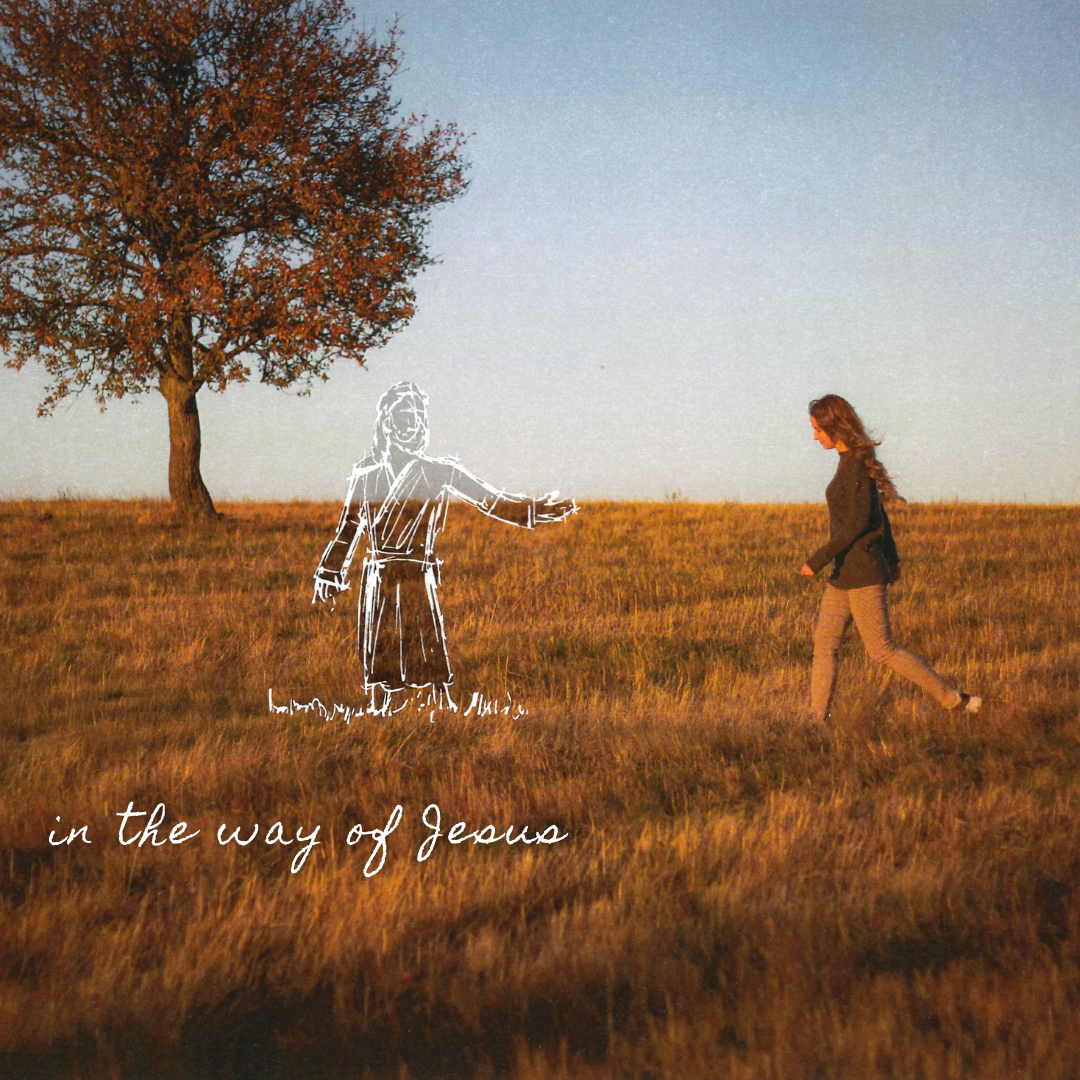Red Couch Theology Podcast
Aaron Bjorklund2025-06-19T10:33:21-06:00Sermon Conversations with Alex and Aaron There’s only so much we can cover in a Sunday morning gathering! Each week, you’re invited to tune into our LIVE podcast at 11 am on Thursdays – [...]



